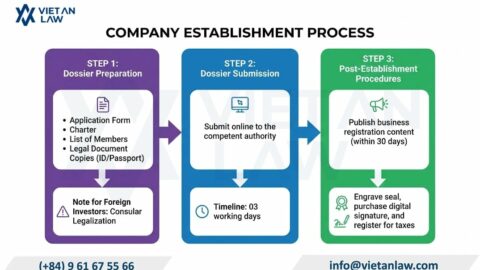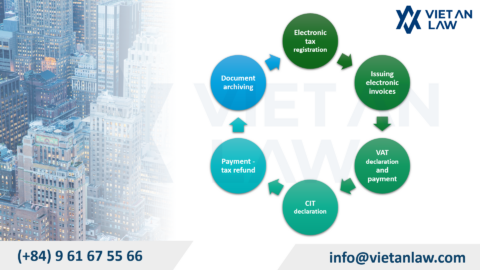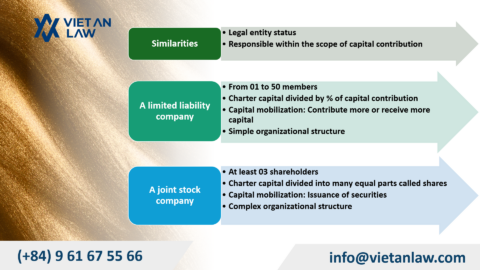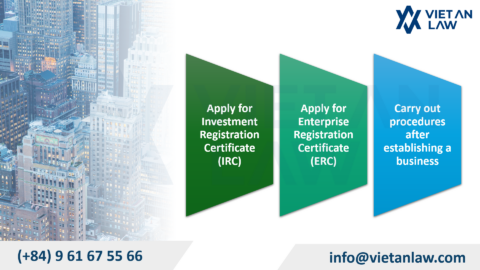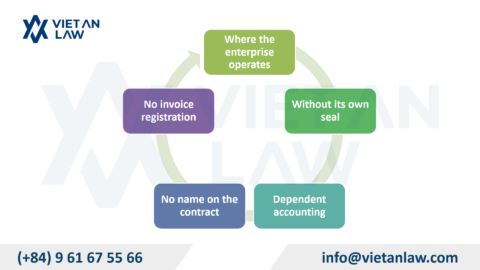Spain, with its strategic location and one of the largest economies in the European Union, has always been an attractive destination for international investors and entrepreneurs. However, to establish a legal entity here, it is extremely important to master the process and legal procedures. Viet An Law would like to briefly present the procedures for establishing a company in Spain through the article below.
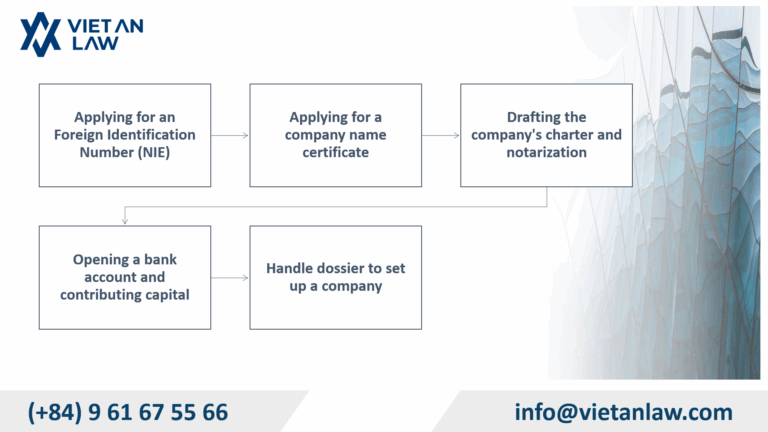
Table of contents
The NIE (Número de Identificación de Extranjero) is the only identification number issued to foreigners. It acts as a tax identification number and personal identification number for every legal and administrative transaction in Spain. Foreigners investing in Spain are required to:
There are two main ways to apply for a NIE:
Documents to be prepared:
Application for NIE (Modelo EX-15);
Passport;
Documents proving the reason for applying for a NIE: You need to prove that you need a NIE for the purpose of establishing a company. Example: Letter of explanation clearly stating the intention to establish the company in Spain, Draft of the company’s charter (if any).
Card photo
Where to apply: At the National Police Stations with the Foreign Case Processing Department, or at the Foreign Case Processing Office of the province where you intend to establish.
Documents to be prepared:
Application for NIE (Modelo EX-15);
Passport;
Documents proving the reason for applying for NIE;
Obtaining a company name certificate from the Registro Mercantil Central (Central Commercial Registration Authority) is an essential step in the process of establishing a business in Spain.
According to Spanish regulations, the company name must be unique and not confusing with existing businesses. When submitting your company name confirmation application, you will need to provide your intended company name, alternate names (if applicable), and business type. Registro Mercantil Central will conduct a database audit to determine the availability of the name you choose. If approved, you will receive a company name certificate, which is valid for a period of time to be able to carry out the company incorporation procedure.
The drafting and notarization of the Company’s Charter is an indispensable step in the process of establishing a business in Spain. The Articles of Incorporation, also known as Estatutos Sociales, serve as a foundational legal document, detailing the company’s operations and organizational structure. To ensure validity, this document needs to be drafted in Spanish, including all important information such as company name, type of business (S.L., S.A.,…), head office address, business objectives, charter capital, share division, management structure, etc regulations on profit sharing and dissolution provisions.
To ensure legality, the Company’s Charter needs to be notarized by a notary public in Spain. The notary will confirm the legality of the document and ensure that all parties involved understand the content. The notarization process involves the founding members going to the notary’s office to sign, after which the notary will check and confirm the signature.
You need to open a bank account with the company’s name “in the process of being established.
Next, you need to contribute charter capital to the opened bank account. The minimum charter capital is stipulated as follows: 3,000 EUR for Sociedad Limitada (S.L.) and 60,000 EUR for Sociedad Anónima (S.A.), of which at least 25% (15,000 EUR) must be contributed from the outset. After contributing capital, the bank will issue you a “Capital Contribution Certificate” to submit the company establishment dossier.
Immediately after the charter is notarized, you need to apply for a temporary NIF. You need to file a Modelo 036 form to notify you of the start, change, or termination of your business. You can submit this declaration online or in person at an AEAT office.
Documents to be prepared
Filing: You submit your application at the Provincial Commercial Registry (Registro Mercantil Provincial) where the company is headquartered.
Once your company has been recorded in the Commercial Register, the next step is to obtain an Official Tax Identification Number from the Internal Revenue Service. This number is used for all financial transactions and business activities of the company. Having an official NIF is mandatory under Spanish law.
To apply for an official NIF, you need to notify the Internal Revenue Service (AEAT) that the company has been incorporated and recorded in the Commercial Register. Typically, you will reuse the used Modelo 036 return to apply for a temporary NIF. In this declaration, you need to provide your company’s commercial registration information to AEAT so that they can update and convert their NIF from temporary to official.
